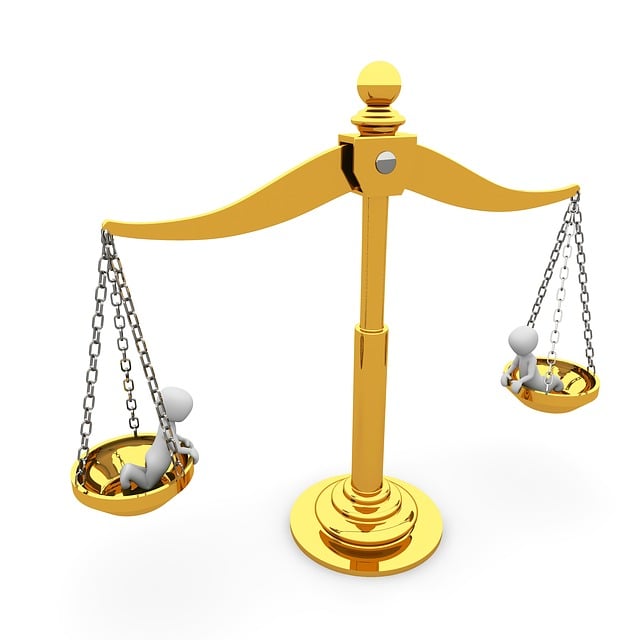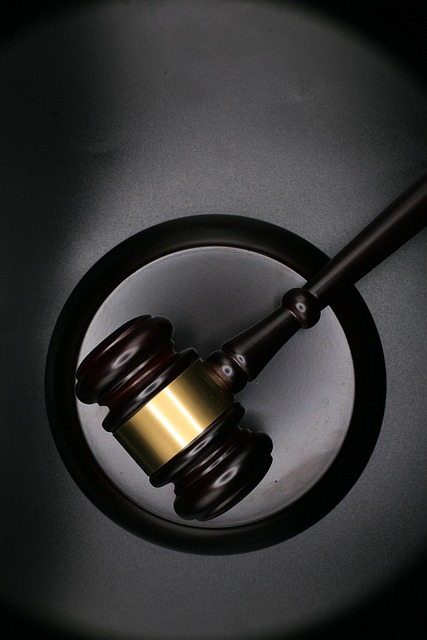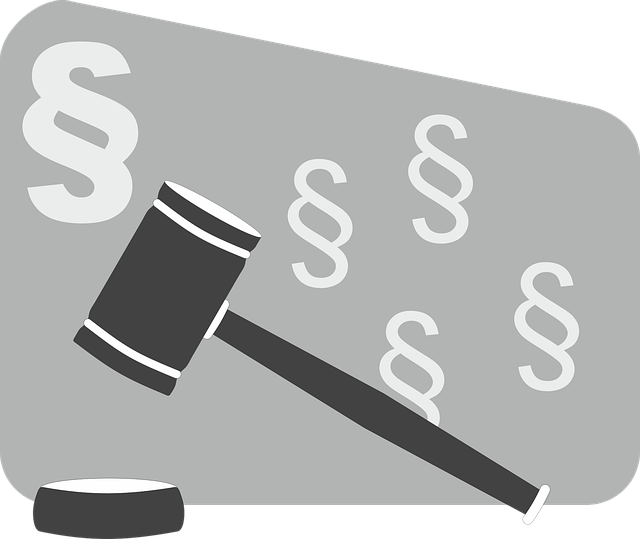Public corruption, driven by illicit agreements and bribery, poses significant challenges to societal and governmental functions. Lawyers specializing in these cases employ complex legal strategies, focusing on understanding entrapment defenses within criminal law. These defenses, such as negating guilt through trickery or non-voluntary actions, are crucial for protecting individuals accused of white-collar crimes and ensuring judicial integrity. By scrutinizing evidence, challenging procedures, and employing strategic defenses, skilled lawyers help mitigate consequences and foster a fairer, more transparent society.
“Public corruption charges cast a long shadow over individuals and institutions, eroding public trust and destabilizing governments. This article delves into the intricate world of public corruption, exploring its various forms and profound societal implications.
We dissect ‘entrapment’ – a critical defense strategy within criminal law. Understanding entrapment requires examining historical cases and their impact on legal precedents. Learn how evidence, intent, and official conduct intertwine to shape robust defenses in practice, offering valuable insights for navigating complex criminal proceedings.”
- The Nature of Public Corruption Charges
- – Definition and common forms of public corruption
- – Impact on society and government functions
The Nature of Public Corruption Charges

Public Corruption Charges refer to allegations of illicit behavior by individuals in positions of public trust, who abuse their power for personal gain or to benefit others. This can range from accepting bribes and illegal gifts to manipulation of public funds and contracts. Such cases often involve complex legal strategies, with a significant focus on understanding entrapment defenses within criminal law. Entrapment occurs when law enforcement officers induce a person to commit a crime they would not have otherwise attempted. Demonstrating entrapment can be crucial in securing a general criminal defense or even a white collar defense for those accused of public corruption.
An unprecedented track record of successful outcomes in public corruption cases highlights the importance of robust legal representation. Skilled lawyers adept at navigating these complex charges are instrumental in protecting the rights of the accused and ensuring fairness within the judicial system. They employ strategic defenses, scrutinize evidence, and challenge procedural aspects to mitigate potential convictions.
– Definition and common forms of public corruption
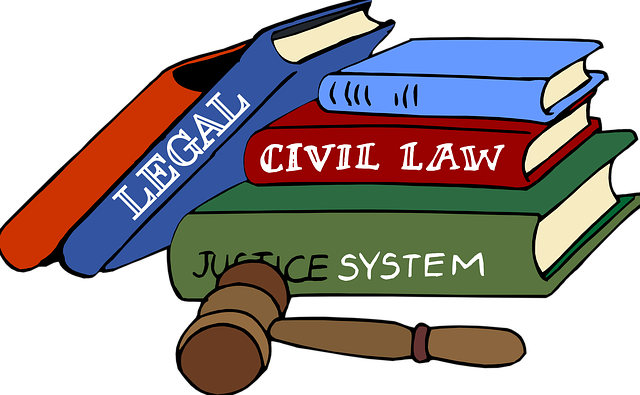
Public corruption is a widespread issue where public officials abuse their power for personal gain, often involving illicit agreements and bribery. It takes various forms, including embezzlement, extortion, and the misuse of public funds. For instance, an official might accept bribes to influence regulatory decisions or award contracts to specific companies in exchange for kickbacks. Understanding entrapment defenses in criminal law is crucial when addressing these cases.
Entrapment occurs when a person is induced or tricked into committing a crime they would not have otherwise committed. In the context of public corruption, this could involve government agents posing as business partners or offering incentives to encourage officials’ involvement in illicit activities. Defending against such charges often involves showcasing that the defendant’s actions were not voluntary and that they were set up by law enforcement. This is particularly relevant for white-collar defense strategies where the respective business dealings are scrutinized, ensuring a fair assessment of the defendant’s intent.
– Impact on society and government functions
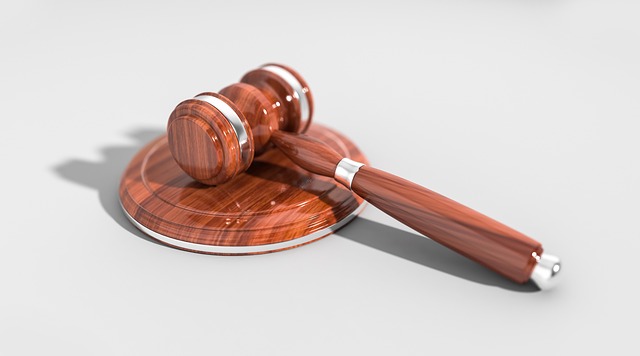
Public corruption charges significantly impact society and government functions, undermining public trust and the very essence of democratic governance. When public officials abuse their power for personal gain, it leads to a breakdown in the rule of law and creates an environment of uncertainty and inequity. This not only hinders economic growth and development but also discourages investment and participation from both domestic and foreign entities. Understanding entrapment defenses in criminal law becomes crucial here, as these legal strategies can mitigate the consequences for individuals accused of white-collar and economic crimes.
The impact extends beyond financial losses; it erodes the confidence citizens have in their government and institutions. A robust general criminal defense mechanism, including entrapment defenses, is essential to ensuring that justice is served without causing systemic harm. By employing these defenses, legal professionals can protect the respective business interests of clients while upholding the integrity of the judicial process, thereby fostering a fairer and more transparent society.
Public corruption charges pose a significant challenge to society, undermining trust in government and impairing effective service delivery. However, understanding entrapment defenses in criminal law is crucial for navigating these complex cases. By recognizing legitimate entrapment arguments, individuals accused of public corruption can seek justice and protect their rights within the legal framework. This knowledge empowers citizens and ensures a fairer system, where integrity and accountability are upheld.
